Recently, I have been pondering the question: What type of priest would make a good missionary and or chaplain to the gay community? Of course, the penultimate example that always enters my mind is the Saintly Fr. John Harvey. He exquisitely combined the attributes of extreme charity and love with unwavering orthodoxy and personal stoutness. Therefore, it’s not a coincidence that I happened upon this description of a priest in the authoritative tome “Possessed by Satan,” (1963) written by Fr. Adolf Rodewyk:
“Not every priest is competent to undertake an exorcism, and ecclesiastical law, as well as the Rituale Romanum, lists a number of criteria to be used in the selection of an exorcist. Church law specifies:
Permission to drive out the Devil from a possessed person should be given by a superior only to a priest whose piety, wisdom, and untarnished conduct are exception.” The Rituale explains the reasoning behind this restriction, saying that the priest must be especially qualified “because he is to exercise this pious task not only as an expression of his own but God’s power, free of desire for earthly things, simply because of charity, integrity, and humility.” In addition, this demand is made: “He must also have reached a ripe age and should encourage admiration not only because of his position, but because of the solidity of his character.”
One more condition might have been added to this list: sufficient physical and mental health. One authority, Bishchofsberger, wrote in Verwaltung des Exorzistates (The Exorcistic Undertaking, 1883): “An ailing priest would be well advised to turn over the more difficult cases of possession to a healthy and vigorous as well as morally pure colleague. Anyone tending toward mental depression is unsuited to the task of exorcist. The same goes for anyone who tends to be anxious or fearful. Those least suited to conduct an exorcism are personalities that tend toward vacillation; and exorcist must, above all, be decisive and sure of himself.”
Of course, the majority of homosexual men and women are not possessed by satanic spirits, although there is a very strong strain of the demonic which runs through gay culture. This can primarily be witnessed in the gay world’s reliance upon: New-Age-isms, occultism, and anti-Christian rhetoric; sexual perversity of all sorts; and pornography as a communal focal point. Upon entering the gay universe, I immediately became aware of a pervasive hatred towards organized Christianity, especially Catholicism. In fact, according to a recent Pew Research Study, 79% of gays had a negative view of the Catholic Church; see: https://josephsciambra.com/2013/06/79-of-gays-have-negative-view-of.html This turns many towards a bizarre form of sexual hedonism, where their focus of worship lies strictly within the material: sex, the body, possessions. Unfortunately, it also promotes experimentation within the occult. Secondly, every form of sexual debauchery can be found within gay culture; of different varieties and fetishes that I never could have imagined. This is evidenced in complex hanky codes, endless internet acronyms, and the plethora of niche gay porn markets. Lastly, pornography is the main cultural coalescent in the gay community. During a recent outreach trip to The Castro, the world-famous gay district in San Francisco, I was taken aback by the multitudes of pornographic images on the storefront windows of every shop: from the pharmacy to the pub. The eroticized male body and the gay sex act are the defining image and moment within the main-stream gay lexicon.
Consequently, any priest who would bravely seek out the salvation of lost souls in such a culture surely requires the very same attributes recommended for the exorcist. Even though, the heterosexual pop-culture of today also exhibits the same degeneracy and fallen-nature of the gay world, in homosexuality: these vices are intensified and concentrated into a smaller population; in addition, the attachment to these deviances are stronger and more deeply engrained in the person as they have a root attachment in childhood and psychological woundedness. Therefore, the priest must be accustomed at both ministering to the mind, body, and the soul. For gay men and women have been genuinely injured by trauma. They seek out safety and acceptance within a fortified commune of like-minded individuals. Because they have been so profoundly hurt, they will react with anger and viciousness towards anyone they perceive as a threat to their security. Priests are especially vulnerable to attack, because they represent a hierarchical spiritual belief system that is based upon the family: they see the priest-father as their unloving and unemotional birth-father that rejected them. In addition, the clarity and decisiveness of Catholic dogma, in their minds, brings back memories of an unaccepting society and an intransigent religion that told them they were evil. Hence, the priest-missionary must successfully redefine the Catholic teachings on homosexuality to the gay person: this should be done with Love, but also with concrete devotion to the Truth; and the belief that the Truth is what will ultimately save the soul. The priest must be a man of prayer; backed by a resolute team of constantly praying faithful. The Sacraments must be the center of his existence. He must be kind during Confession, but also unflappable. Lastly, the priest must be extremely comfortable with his own sense of masculinity: any sign of weakness will be perceived as a form of silent affiliation. Gay men, in particular, need virtuous male role models: of true manliness, chastity, and strength. In essence, the priest must stand as “In persona Christi.” We all have to pray that the Lord brings up more men such as these. And, for those priests currently in the trenches: prayers, fasting, and sacrifices offered in their names – is an obligation of all Catholics.

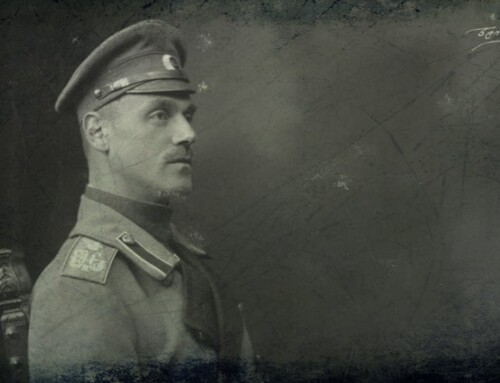
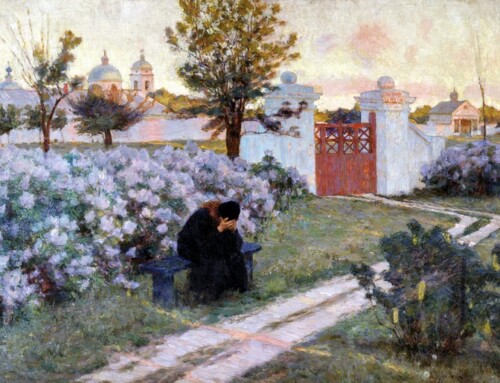
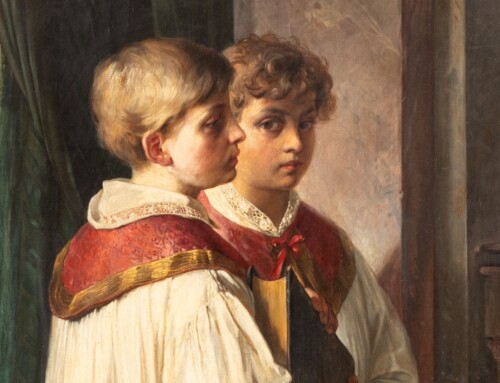
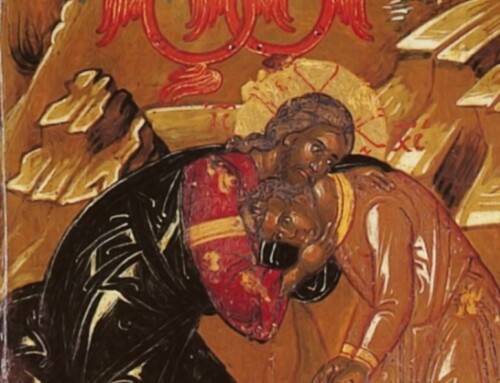
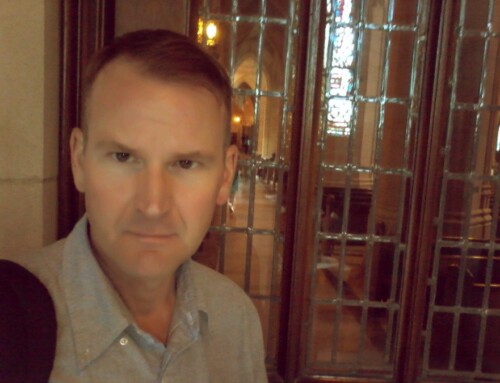
I would not have thought of these suggestions. Christ is doing a work in you and has blessed you so you can bless others. T. W.
Have you ever considered the priesthood and if not, why not?
I covered this in my book, but to give you a brief synopsis – I hid out in various religious communities and monasteries for about 3 years after leaving porn; I was running scared and never really had a religious vocation.